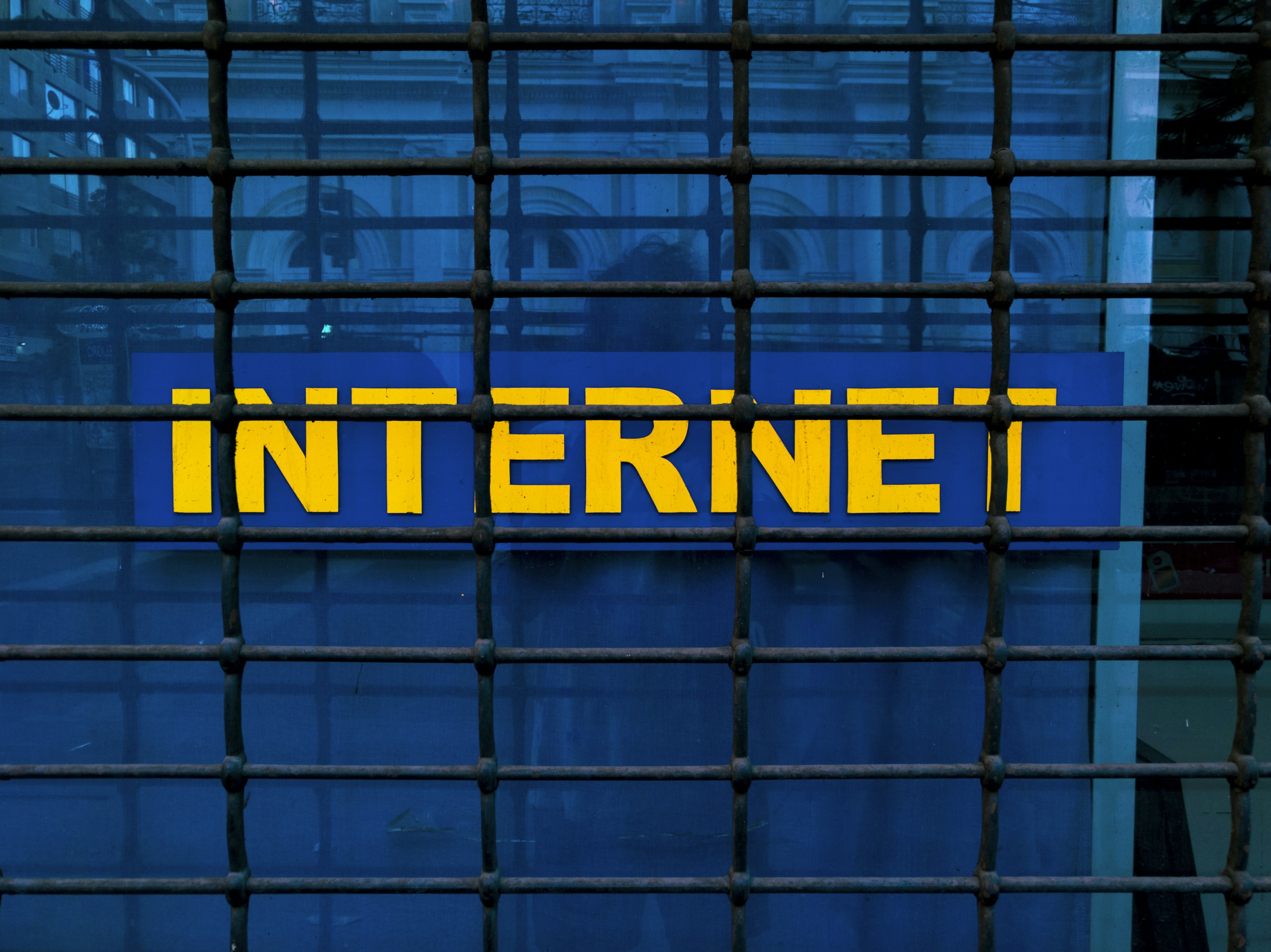
The Growing Discontent with the Internet
Recent studies in the UK have unveiled a surprising trend: nearly half of young individuals express a preference for a world devoid of the internet. This finding challenges the prevailing assumption that digital connectivity is uniformly embraced by younger generations. Instead, it raises critical questions about their relationship with technology and the implications of excessive digital reliance. The stark reality is that, despite being a generation raised amidst rapid technological advancement, many young people are experiencing growing discontent with the very tools that define their daily lives.
The internet has transformed how individuals communicate, access information, and manage their personal and professional lives. However, this study indicates a significant shift in attitude, as many youths are beginning to recognize the negative impacts of constant connectivity. Issues such as anxiety, reduced attention spans, and a diminished capacity for in-person interactions are increasingly attributed to excessive screen time. The findings suggest that young people are grappling with the consequences of a hyperconnected world, leading them to re-evaluate the role that the internet plays in their lives.
This disconnect poses essential questions for both society and individuals. What drives this desire to disengage from an integral aspect of contemporary life? Are these sentiments indicative of broader societal trends, or do they reflect personal experiences with technology? Investigating the motivations behind this unexpected preference for a life without the internet can unveil deeper currents that challenge the efficacy and necessity of digital engagement. It is crucial to examine the factors that contribute to this growing discontent, as the ramifications extend beyond mere personal choice and speak to the societal structures in place. Through this exploration, we can begin to understand the evolving relationship between young people and the internet and what it means for our interconnected future.
Key Findings of the Study: What Do Young People Want?
The recent UK study reveals profound insights into the preferences of young people regarding internet use. Notably, it found that nearly 50% of respondents aged between 18 to 24 express a desire for a world without the internet. This statistic highlights a significant generational disconnect, suggesting that a substantial portion of youth yearns for a lifestyle that pivots away from the omnipresence of digital connectivity.
Demographic breakdowns reveal intriguing patterns. Among those favoring a non-internet existence, the sentiments appear to resonate more strongly within lower socio-economic groups, where individuals reported feelings of alienation and mental fatigue stemming from constant online interactions. Conversely, young people from higher socio-economic backgrounds exhibited a slight inclination toward embracing internet participation, although they too acknowledged its adverse effects on their mental well-being.
The data further indicates that as individuals age within this young demographic, the desire for a non-internet world becomes more pronounced. For instance, while only approximately 30% of 18-year-olds expressed anti-internet sentiments, the figure rose to nearly 60% among those aged 24. This trend illustrates an increasing awareness of the mental health challenges associated with digital engagement, such as anxiety and loneliness.
Moreover, lifestyle changes play a critical role in shaping these preferences. Many young individuals report a longing for deeper, more meaningful connections and experiences that transcend the superficial interactions often seen online. The frantic pace of social media culture is seen as contributing to a decline in face-to-face relationships and community ties, further driving the appeal of a life less influenced by online demands.
In essence, the findings of the study offer a comprehensive perspective on the evolving desires of young people, highlighting a yearning for a balance between technology and personal well-being. Understanding these dynamics is vital for addressing the concerns of a generation caught in the crosshairs of modern digital life.
Reasons Behind the Desire for a World Without Internet
In recent years, a growing body of evidence suggests that young people are increasingly expressing a desire for a life devoid of the internet. This trend can be attributed to several factors, including social media fatigue, the pervasive influence of online harassment, and the relentless stress associated with constant connectivity. For many, the digital landscape that once promised connection has become a source of overwhelming anxiety and discontent.
Social media platforms, which are often perceived as hubs for interaction, can ironically contribute to feelings of isolation and fatigue. The pressure to maintain an idealized online presence can lead to significant mental strain. Young individuals frequently report feeling the weight of comparison, where their lives are scrutinized against curated highlights of others, fostering a sense of inadequacy. This phenomenon may prompt a desire for a more authentic existence, one unmediated by the façades of online personas.
Furthermore, the prevalence of online harassment and cyberbullying has underscored the darker sides of digital engagement. Many young people report being subjected to hostile interactions that can have detrimental effects on their mental health. The fear of such negative experiences can deter them from embracing the internet, leading to a longing for environments where personal interactions are grounded in face-to-face communication rather than online exchanges.
Moreover, issues related to privacy and data security are becoming increasingly salient among younger generations. The realization that personal information can be easily compromised fosters a sense of vulnerability, which many wish to escape. This apprehension, combined with the overwhelming nature of information overload—where endless streams of data can lead to feelings of helplessness—has fueled the desire for a world less reliant on the internet.
In this context, young individuals are finding value in authentic, in-person connections and experiences that foster genuine relationships, free from the distractions and complexities of the digital realm. This desire to disengage from the internet reflects deeper societal shifts, showcasing a nuanced understanding of the impacts of technology on interpersonal relationships and mental well-being.
The Future of Digital Engagement: A Shift or a Trend?
The findings of the recent UK study indicating that almost half of young people prefer a world without the internet reveal complex implications for future digital engagement. This raises vital questions about whether this sentiment signifies a fleeting trend or a more profound shift in how younger generations relate to technology. As digital natives who have grown up surrounded by online platforms, many may feel the weight of digital overload, leading them to yearn for more authentic, offline experiences. The desire expressed by these individuals may reflect a broader societal mood that seeks to address the constantly connected lifestyle that permeates modern existence.
Businesses, educators, and policymakers must take note of these shifting attitudes to navigate the future of digital engagement effectively. For companies, understanding young people’s hesitations about the internet may prompt them to reassess their digital marketing strategies, focusing instead on creating enriching experiences that foster deeper connections. Engaging with this demographic through alternative means, such as community events or interactive offline experiences, can bridge the gap between virtual and real-world interactions.
For educators and policymakers, the challenge lies in integrating technology thoughtfully within educational frameworks, promoting digital literacy while also encouraging students to take breaks from screens. Strategies such as incorporating mindfulness practices into the academic curriculum can encourage a healthy relationship with technology and minimize the adverse effects often associated with excessive screen time.
Finally, society must strive to strike a balance between embracing technological advancements and prioritizing mental well-being. Developing initiatives that promote digital detoxes, fostering spaces for offline interactions, and cultivating family-centered activities can help mitigate the disconnect experienced by younger generations. As attitudes toward technology continue to evolve, the key will lie in finding pathways that honor both digital innovation and human connection.


